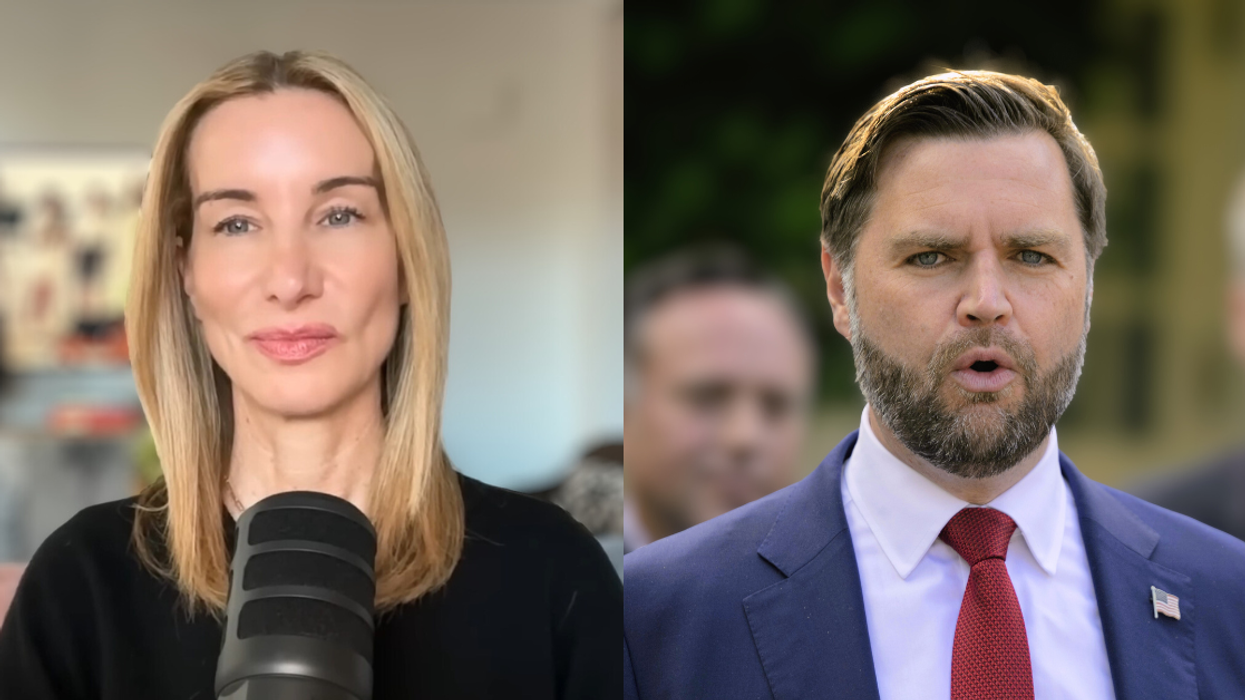The nationwide protests following the police killing of George Floyd, which sustained for weeks in multiple U.S. cities, have rallied around one common theme: the belief that systemic racism has driven police departments for too long.
The demonstrations have compelled many local communities to grapple with the ways they've approached policing for the past several years.
Tulsa, Oklahoma has been no exception.
But when Major Travis Yates, of the Tulsa Police Department, recently appeared for an interview on Public Radio Tulsa, he expressed his belief that systemic racism "just doesn't exist."
Yates sat down with Pat Campbell, who hosts a podcast for Public Radio Tulsa, where he made that claim, and a few more.
"You get this meme of, 'Blacks are shot two times, two and a half times more,' and everybody just goes, 'Oh, yeah,' They're not making sense here. You have to come into contact with law enforcement for that to occur."
"If a certain group is committing more crimes, more violent crimes, and law enforcement's having to come into more contact with them, that number is going to be higher. Who in the world in their right mind would think that our shootings should be right along the U.S. Census lines? That's insanity."
Yates didn't stop there. He also included his conviction that police should be shooting more black people than they currently do.
"All of the research says we're shooting African-Americans about 24% less than we probably ought to be, based on the crimes being committed."
Yates then addressed the protests directly. Again, he turned the national argument on its head.
"The officer was arrested the next day. They were prosecuted, they were fired. What are you doing? What do you mean, 'justice?' Justice at this point has been done. Well, then it turned into systematic racism, systematic police brutality."
"This is what they're trying to say that all these changes need to come from: this is why we're protesting, this is why we're rioting. Because of systematic abuse of power and racism. That just doesn't exist."
People on Facebook took serious issue with Yates' comments, and many felt they illustrated the reason behind the protests in the first place.



Others called for consequences, both for Yates and the policing institution altogether.


Following the backlash, Yates accused Public Radio Tulsa of making "libelous claims" and misquoting him.
According to ABC Tulsa, he plans to file a lawsuit against the radio station.
Yates also released a lengthy statement responding both the article and the subsequent outcry.
"...perhaps the most inflammatory, egregious inaccuracy involves how the article misquoted me. In the context of comparing the probabilities drawn from the statistical research of others, I said, 'all of their research says we're shooting African-Americans about 24% less than we probably ought to be, based on the crimes being committed This isn't Travis talking—the research is sound, but nobody's watching it'."
"However, the article states that 'TPD Maj. Travis Yates also suggested that, according to his interpretation of crime data, police should actually be shooting black Americans more frequently.' "
"I never said actually. This is plainly false and factually inaccurate. And to think that beyond a discussion of comparative statistics that I would suggest that the 'police should actually be shooting' anyone is simply outrageous."
His elaborations did not appease the Facebook community.

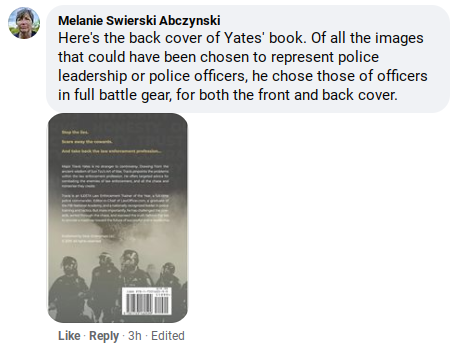

While the long term impacts of the protests will only come into view in the weeks and months to come, one effect is already clear—they have forced discussion.
More people have talked about systemic racism in the last few weeks than they have in a long time and that means the views of people in power, some praised and some criticized, are solidly on record.

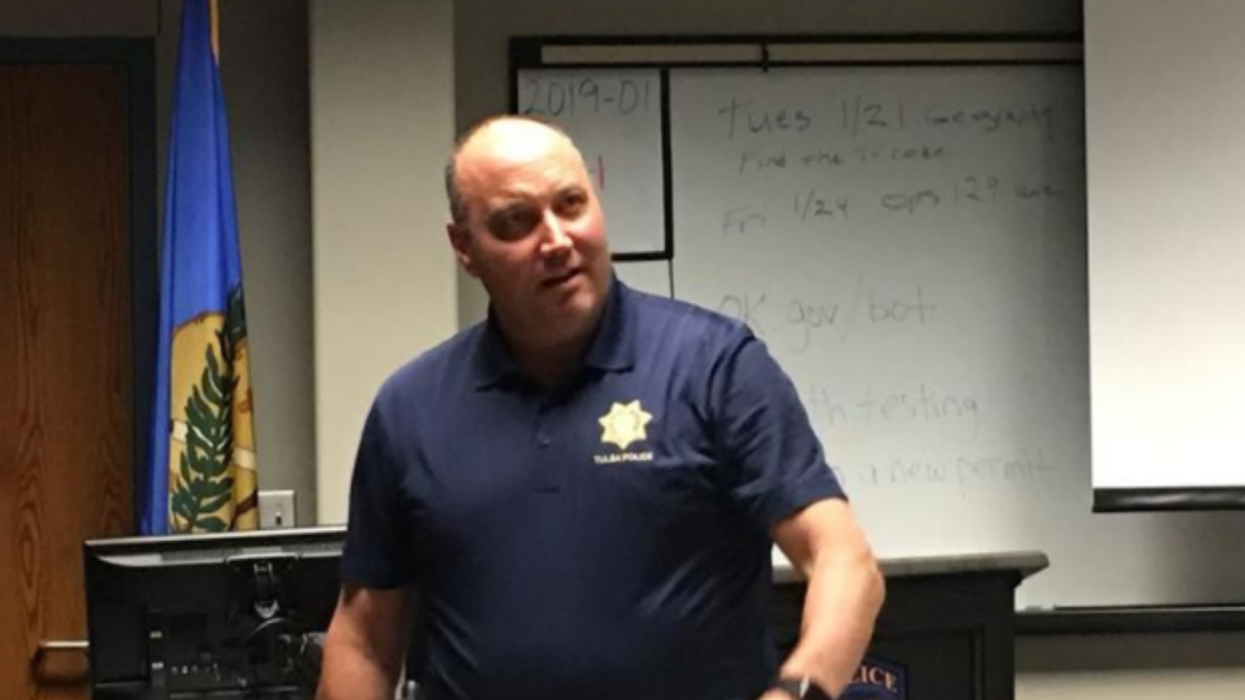


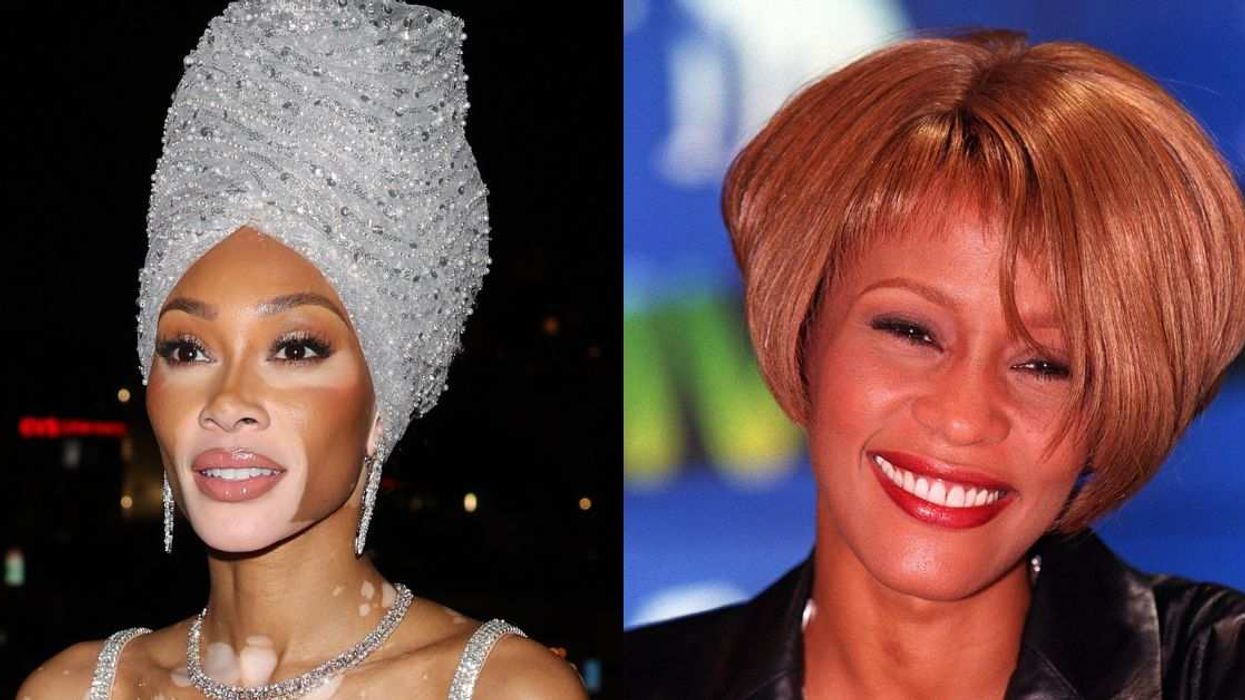
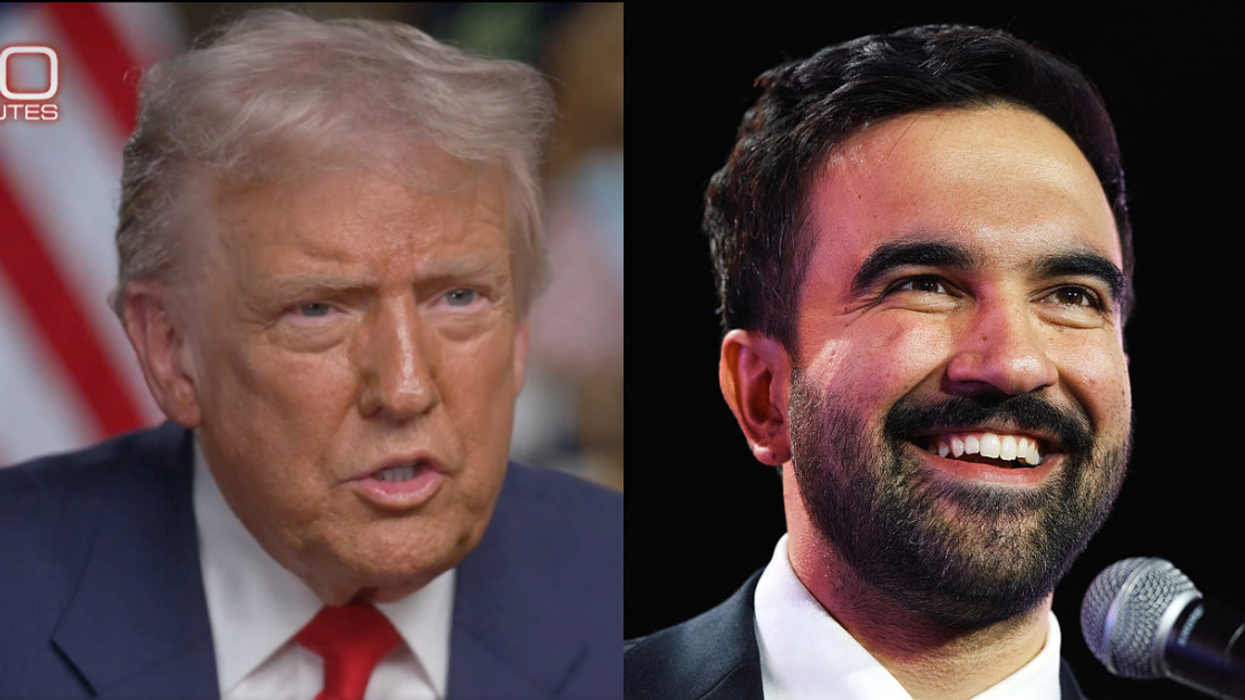
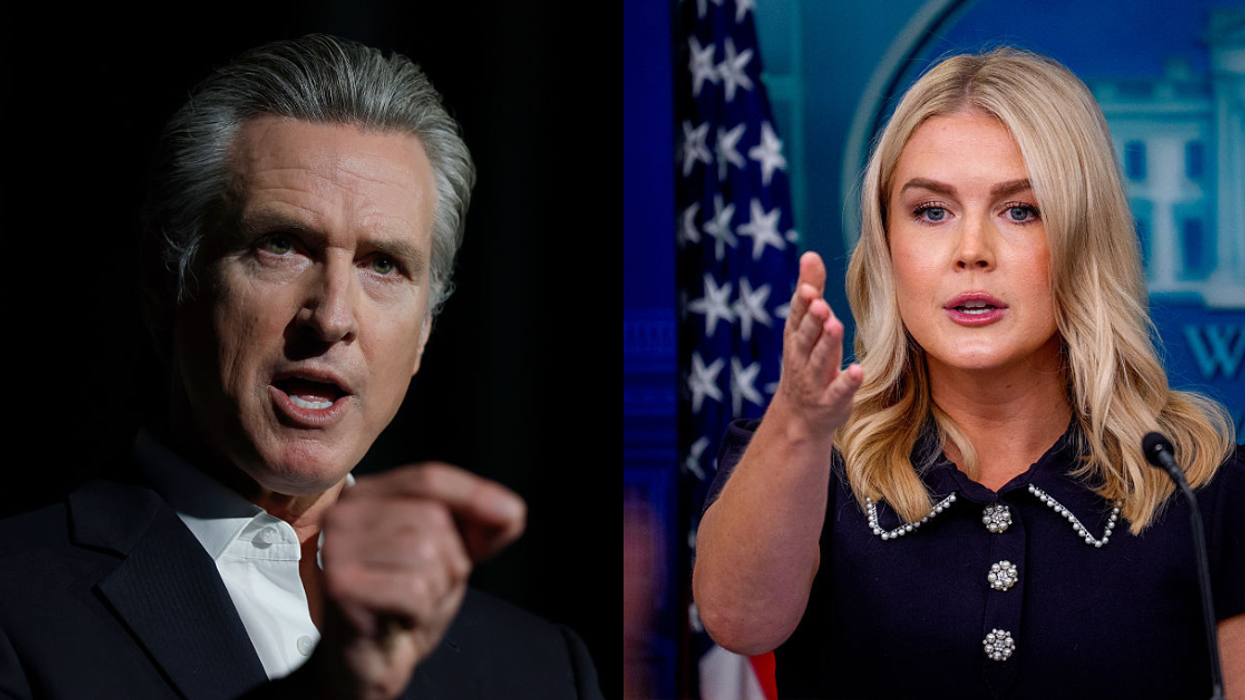
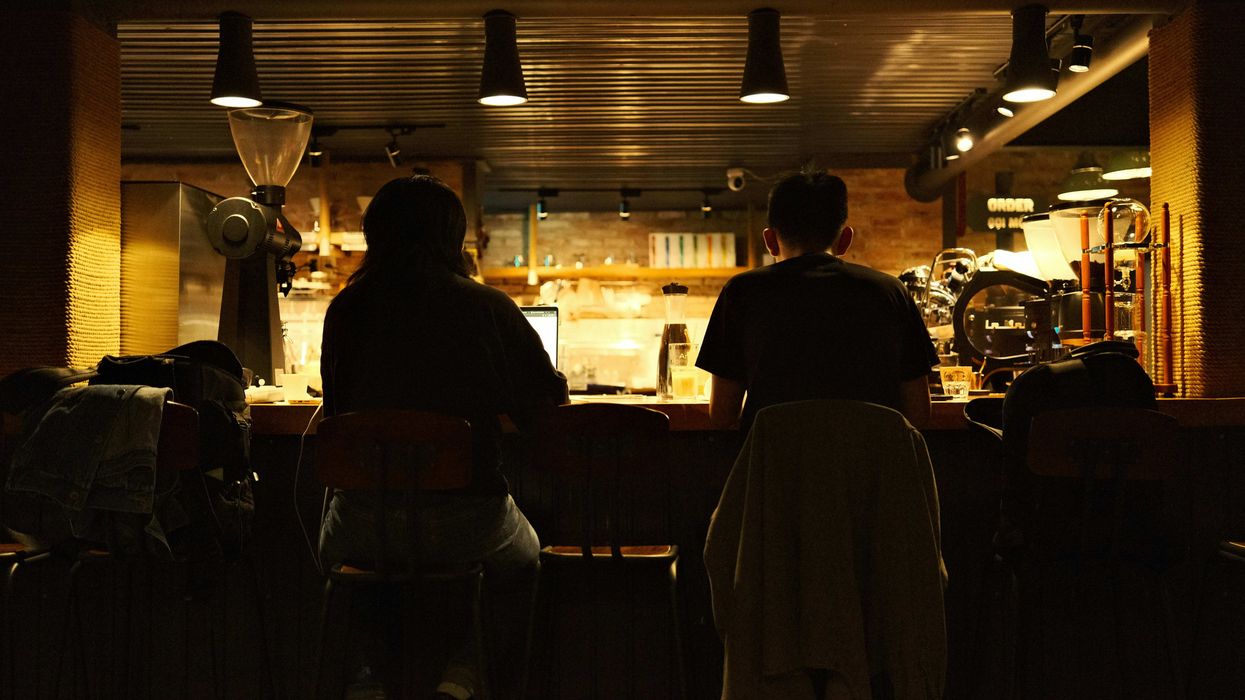




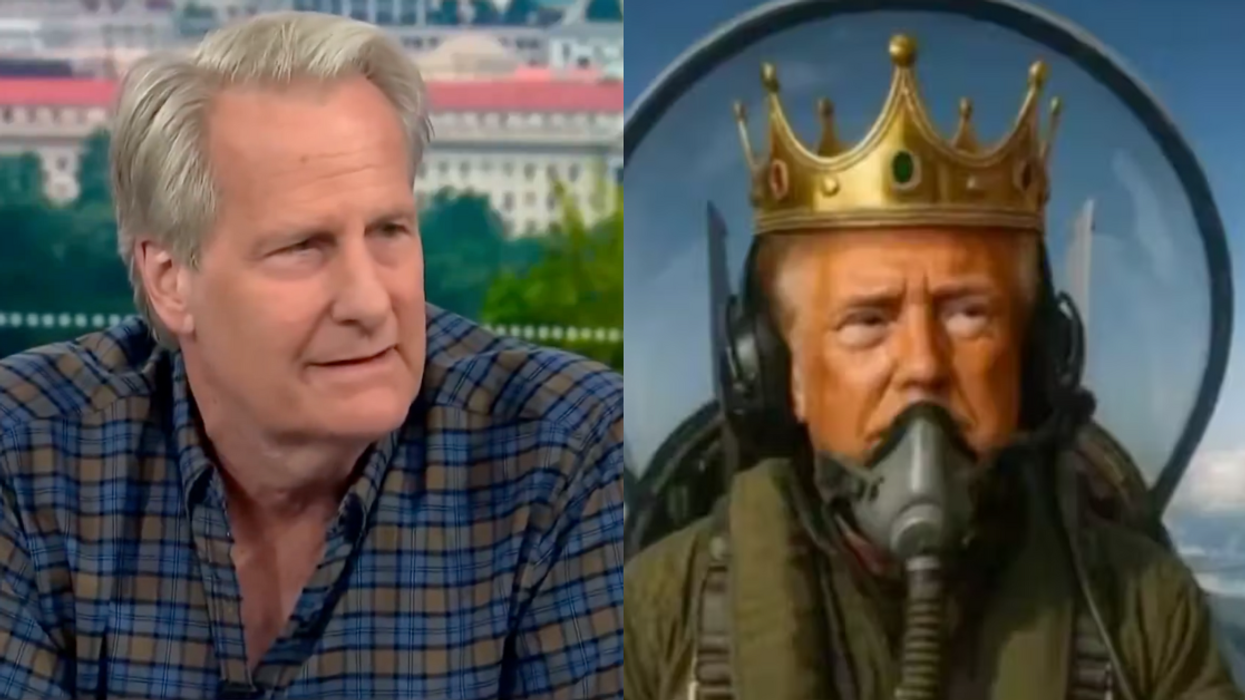

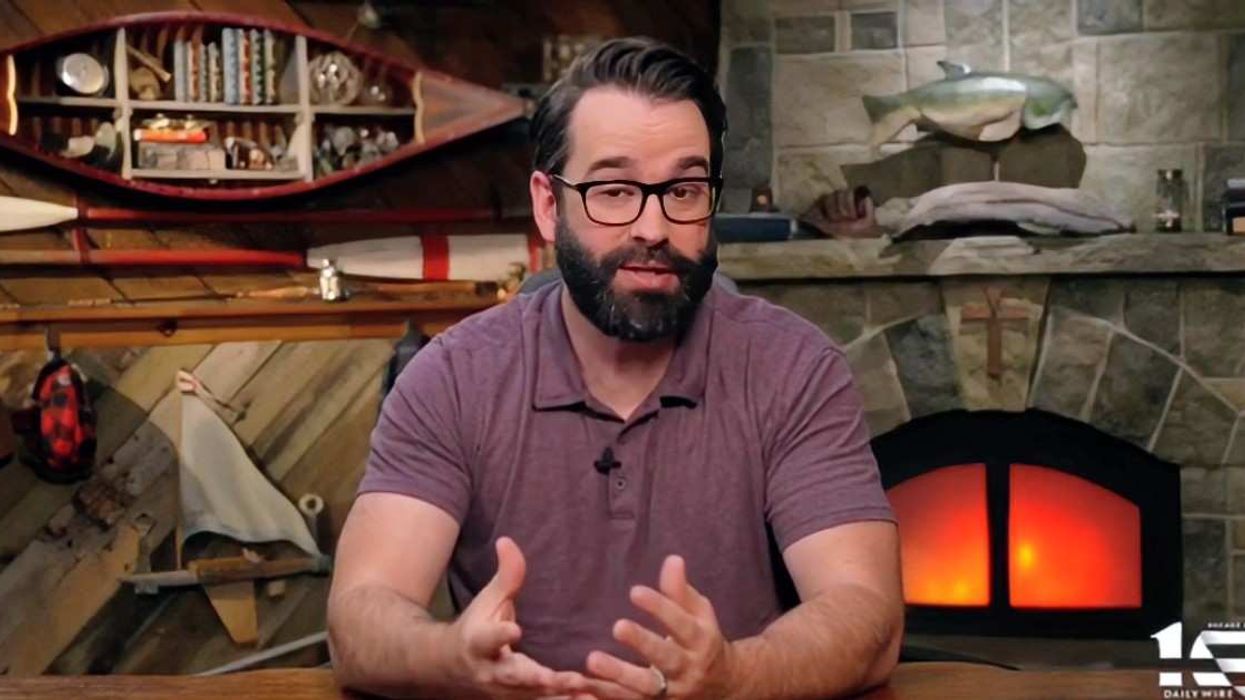
 @islamoradalover/Bluesky
@islamoradalover/Bluesky @hillbillybluedog/Bluesky
@hillbillybluedog/Bluesky